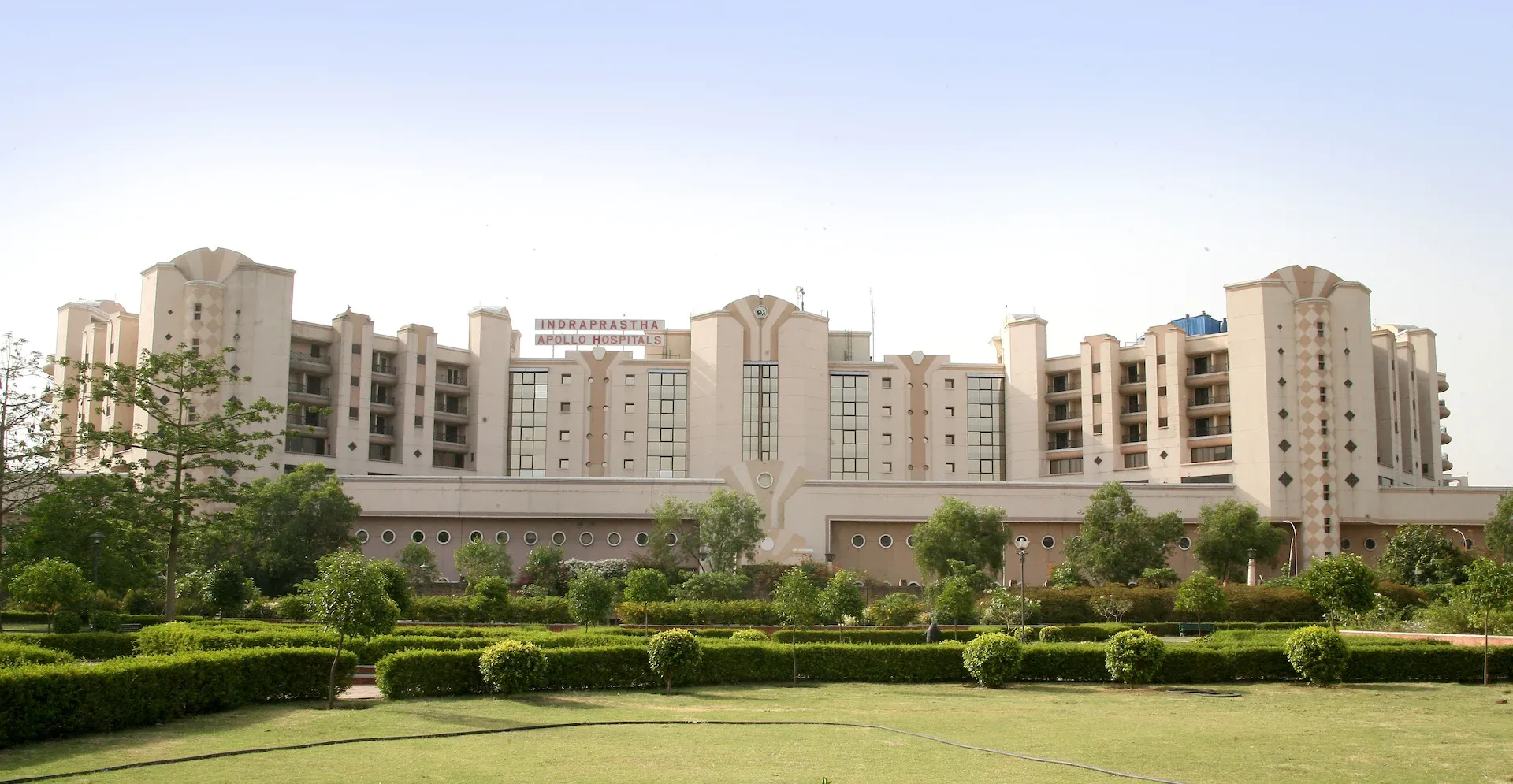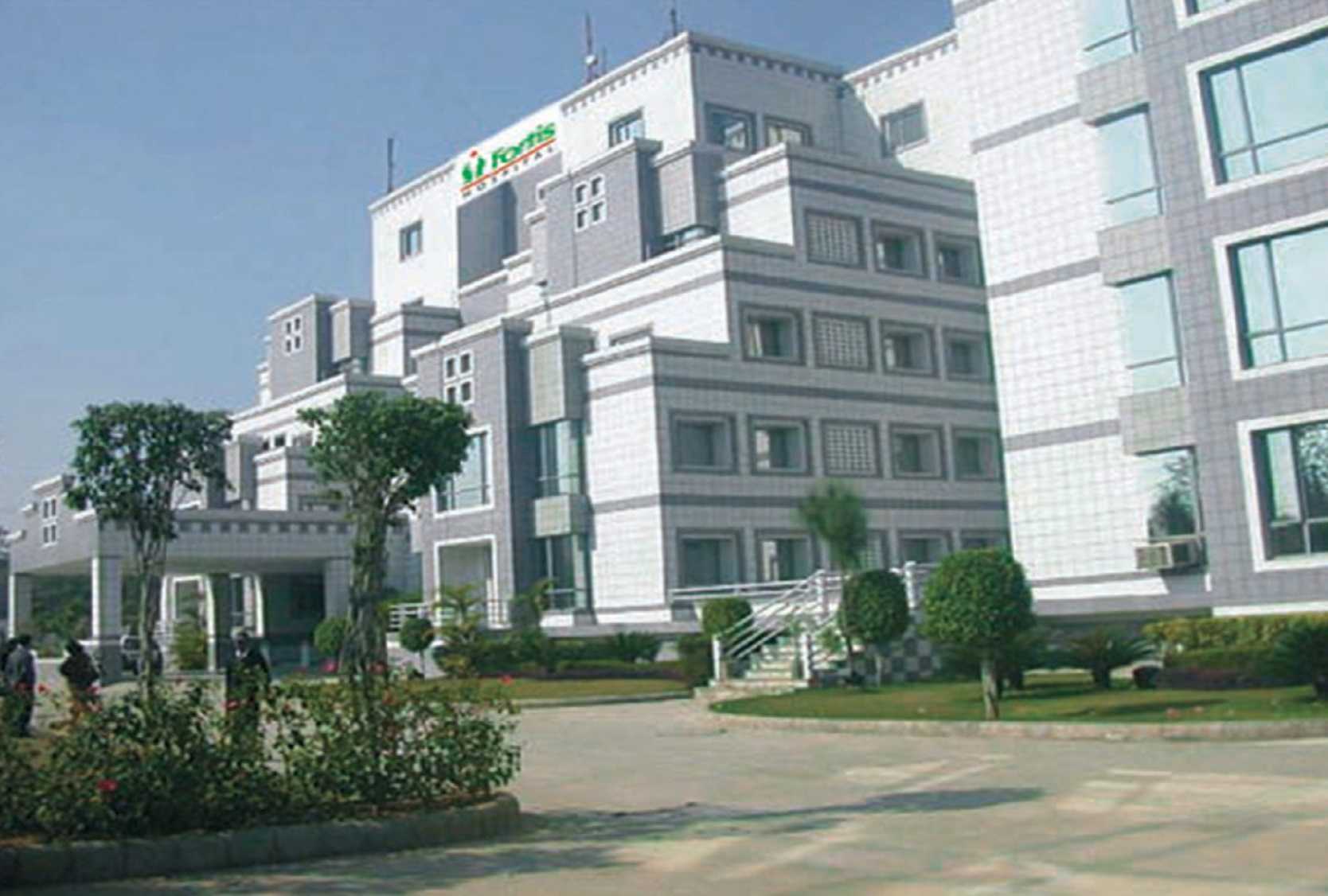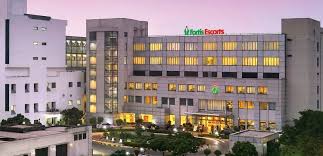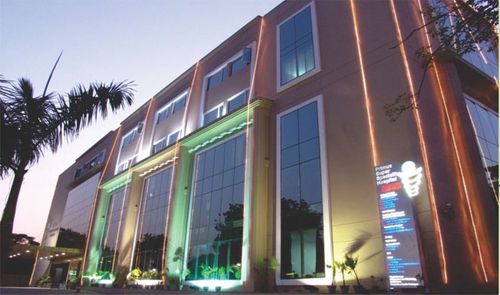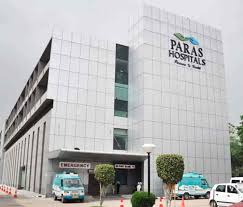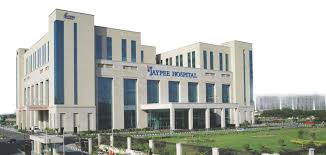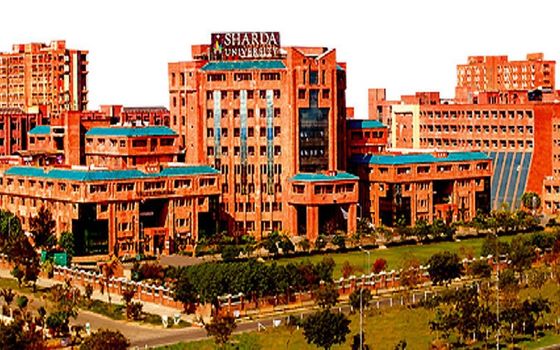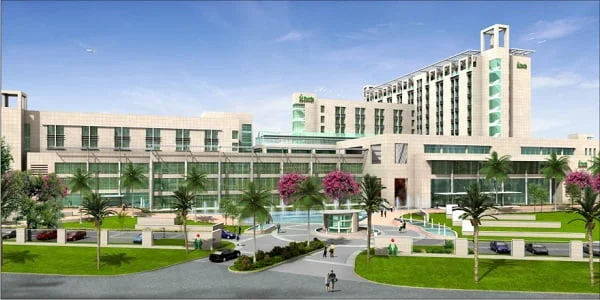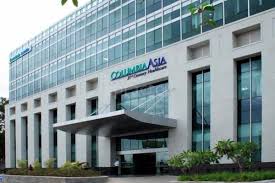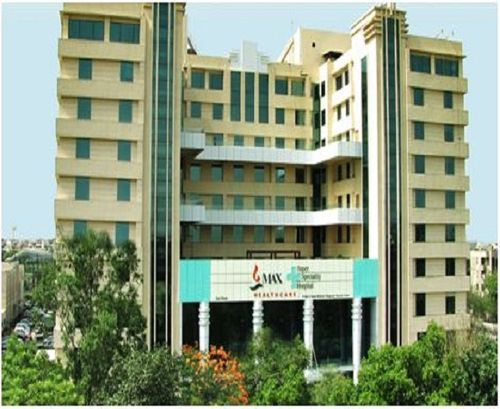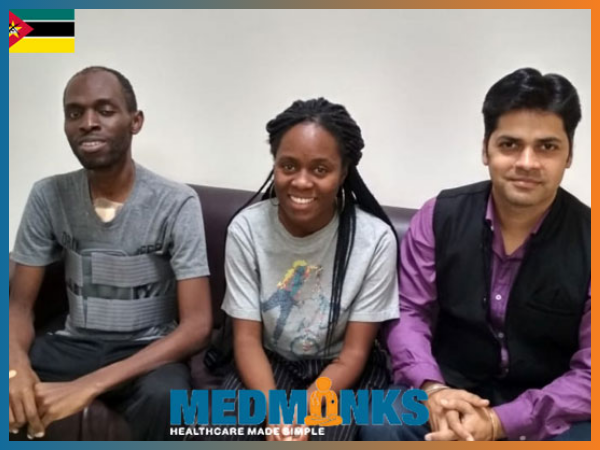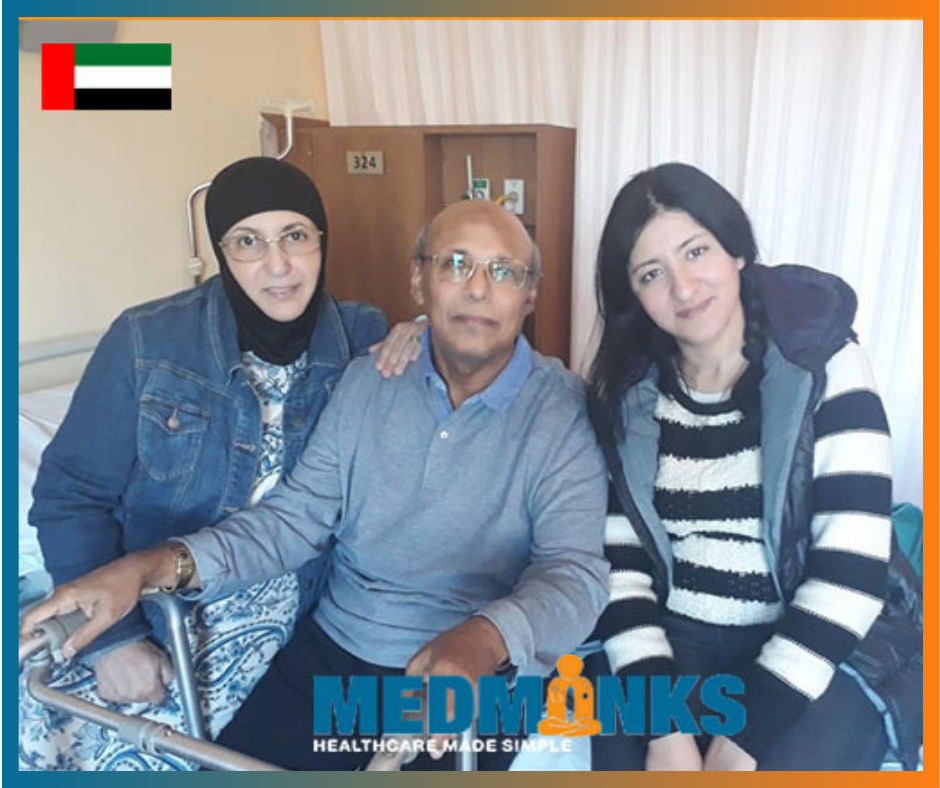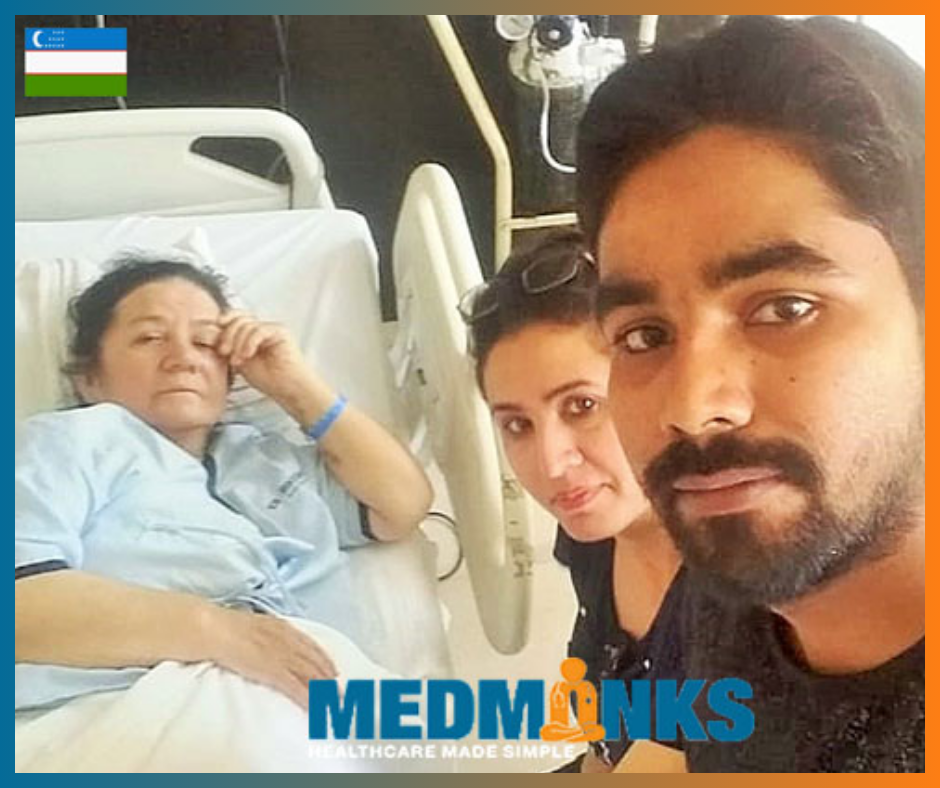Indraprastha Apollo Hospital is Delhi’s second largest hospital, and one of the best Multi-Specialty Tertiary Acute Care hospitals in India and SAARC Region. Spr More..
Fortis Hospital located in Vasant Kunj, Delhi, has a capacity of holding 200 patients. It is an NABH certified multi-speciality emergency care hospital, which is spr More..
Fortis Escorts Heart Institute is one of the best cardiac care hospitals in India, which is equipped with advanced technologies in non-invasive cardiology, pediatric c More..
Primus Super Speciality Hospital is among the top super-speciality centres in Delhi. It is equipped with 130 medical beds and 39 critical surgical care units. The More..
Paras Speciality Hospital offer super-speciality treatment for 55 specialities. The Hospital won the Best Hospital for Neurosurgery & Neurology in India in 2017 More..
Jaypee Hospital, Noida was initially established as a 525 bedded facility which today holds over 1200 beds. The hospital is spread over a spacious land of 25 acres a More..
Sharda Health City Noida also runs a well-established medical education centre, which has been recognized by several associations. Every year 150 MBBS students from More..
Fortis Memorial Research Institute has one of the most profound medical specialist working under for them, which has helped in making them one of the best hospital in More..
Columbia Asia Hospital is a 90 bedded facility which is located in the upscale locality of New Delhi. The hospital delivers treatment facilities for a wide variety More..
Max Super Speciality Hospital, Patparganj was founded in 2005. The hospital is also certified by ISO 9001:2000. Max Hospital provides treatment facilities for a More..

Don't know where to start?
- Speak to our in house doctor
- Get a response within 5 minutes
Description
Best Kidney Transplant Hospitals in Delhi
Diagnosis of kidney diseases have become more common today than it was ever before; this is because of the lifestyle choices of the population. Lack of exercise, bad food habits and heavy alcohol consumption has made people more prone to kidney conditions.
Medmonks’ team can help patients find the best kidney transplant hospitals in Delhi where they can seek treatment facilities for any type of disease.
FAQ
Which are the best kidney transplant hospitals in Delhi?
BLK Super Speciality Hospital
FMRI Hospital
Fortis, Shalimar Bagh
Venkateshwar Hospital
Indraprastha Apollo Hospital
Max Super Speciality Hospital
Artemis Hospital
Medanta-The Medicity
How to select the best kidney transplant hospitals in Delhi?
Look for following things while choosing your hospital:
JCI? NABH? NABL Accreditation (These accreditation are given to the best healthcare centers for following the safety standards set by global and Indian medical organization)
Experience of the doctor/ surgeon
The technology available at the medical center
Success rate delivered at the hospital
Reviews & Ratings of the doctors and hospitals
Location of the facility (select healthcare centers in metro-cities)
What are the different types of transplants performed at top kidney treatment hospitals in Delhi?
Kidneys for transplantation usually comes from a deceased donor (a person who is already dead), or from a living donor (a healthy living individual who should be related to the patient’s preferably a relative or a close friend, who offers to donate their kidney.
Who is not a suitable candidate for a kidney transplant?
There are so many patients who assume that they can’t undergo organ transplantation because of their age, but if they are otherwise healthy, their age does not play a major role in determining their transplant eligibility.
However, these are some factors that can prevent a patient from getting a transplant surgery:
The patient’s current life expectancy is below 5 years
Uncorrectable heart disease
Has cancer (or any other type of skin infections that can be cancerous)
Untreatable psychiatric illness
Active substance abuse (drugs or alcohol)
Lack of medical insurance or any type of Medicare/ Medicaid coverage
Missing dialysis appointments
The patient and their transplant doctor will discuss their eligibility during the organ transplantation evaluation process.
When should I get kidney transplant surgery?
In general, the sooner a patient gets a kidney transplant, the more their chances of survival. The nephrologists and the transplant team will determine when the patient should be operated after analyzing their medical condition.
What will happen if my kidney transplantation is not successful? Will I die?
No, if the patient receives medical attention he/she will not die. However, if the transplant does not work, the patient has to:
Start getting or resume to their dialysis
Or pursue another transplant
What should I do, I want a transplant, but I don't have a living kidney donor?
Patients who can’t find or have a living kidney donor can put their name on the waiting list for deceased donor transplantation. Patients can contact the top kidney transplant hospitals in Delhi, and enter their name for transplantation. The staff at the healthcare center will update them whenever the organ is available.
Which is better a deceased donor or a living donor transplant?
Living donor transplants have been known to last longer compared to deceased donor transplants as the kidney is extracted from a living donor whose organs are functioning properly in his body. Deceased donor kidney needs to be artificially preserved while living donor organ is transplanted instantly. Living donor kidney can last from 15-20 years and deceased donor usually last 10-15 years. In some case, transplant patients have lived a longer healthier life.
Which treatment is better at increasing a patient’s life expectancy, dialysis or an organ transplant?
Patients undergoing kidney transplant tend to live longer compared to patients who rely on dialysis. Dialysis is effective in removing only 15 percent waste from the body, that too only when the patient is attached to the dialysis machine. The transplanted kidney will work 24*7 in the patient’s body removing 50% to 85% of the total waste produced by the body. All the best kidney transplant hospitals in Delhi provide both these treatment options.
How long will the transplanted kidney last?
The best kidney transplant hospitals in Delhi are known for delivering a success rate of over 95 percent. Living donor transplantation can last for 15 to 20 years on average, while deceased donor transplant surgery usually lasts around 10-15 years.
Even if the transplantation fails, the patients can receive or return to getting dialysis and pursue another kidney transplant.
Are there any particular things that I should keep in mind while receiving organ transplantation in India?
International patients coming to India for organ transplant should bring their own donors. Indian donors are not allowed to donate their organs to foreign citizens, and even if there is a deceased donor’s organ, it will be given to the Indian patient first.
The donor brought by the patient should match their blood group and preferably be a relative or a friend.
How many days do I have to stay in India for my treatment?
Transplant patients will have to stay in India for approximately 10 to 11 weeks. During the first 2 weeks, they will be consulted and checked for determining a date for the surgery. Then post-surgery they will be admitted in the hospital for a week during which their new kidney will be monitored if it is working properly or not. And after that, they are put on outpatient care for avoiding any type of complications.
What is the cost of kidney transplant in Delhi?
Patients can contact Medmonks’ team and get the best price for their treatment. The medical tourism company helps patients get discounts on their treatment while guiding them to the best medical centers in India.
PATIENTS SHOULD NOTE THAT MEDMONKS NEITHER PROMISES NOR CLAIMS TO MAKE ARRANGEMENT OF THE DONORS FOR THEM. THE DONOR BROUGHT TO INDIA BY THE PATIENT SHOULD BE THEIR CLOSE RELATIVE (PARENTS/ SIBLING/ SPOUSE/ CHILDREN) OR FRIEND. IN CASE THE DONOR IS A FRIEND AND NOT A RELATIVE, THE PATIENT NEEDS TO GET GOVERNMENT PERMISSION. THIS PERMISSION IS GRANTED BY THE GOVERNMENT WHEN THEY ESTABLISH THAT THERE IS NO MONETARY OR COMMERCIAL EXCHANGE INVOLVED BETWEEN THE RECIPIENT AND THE DONOR.

